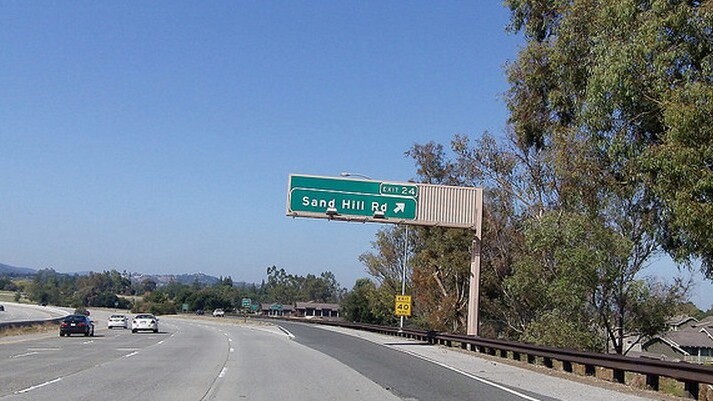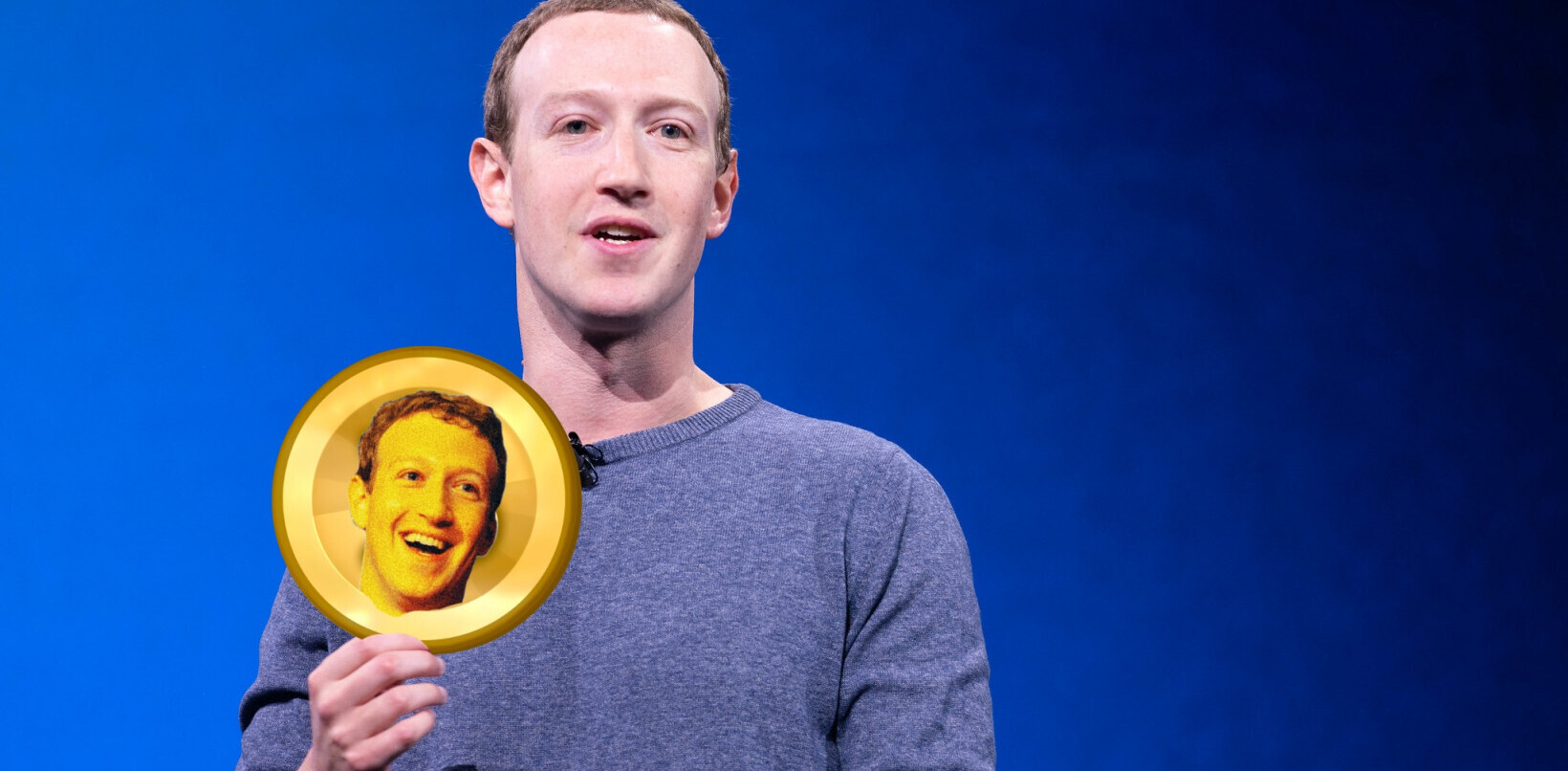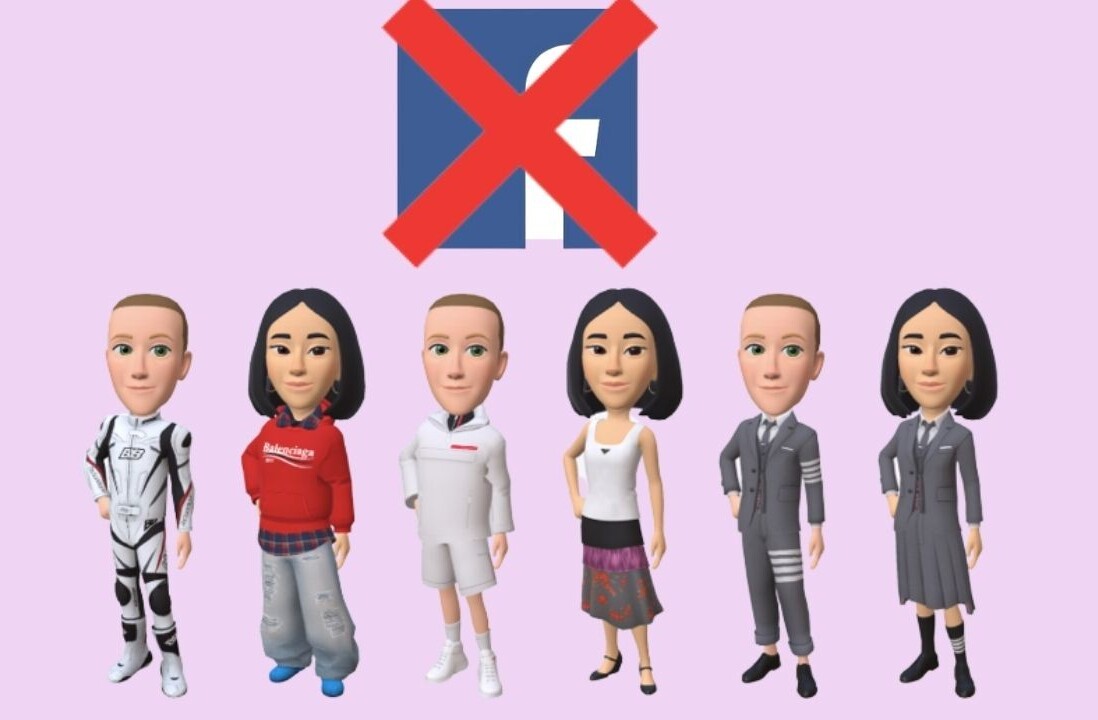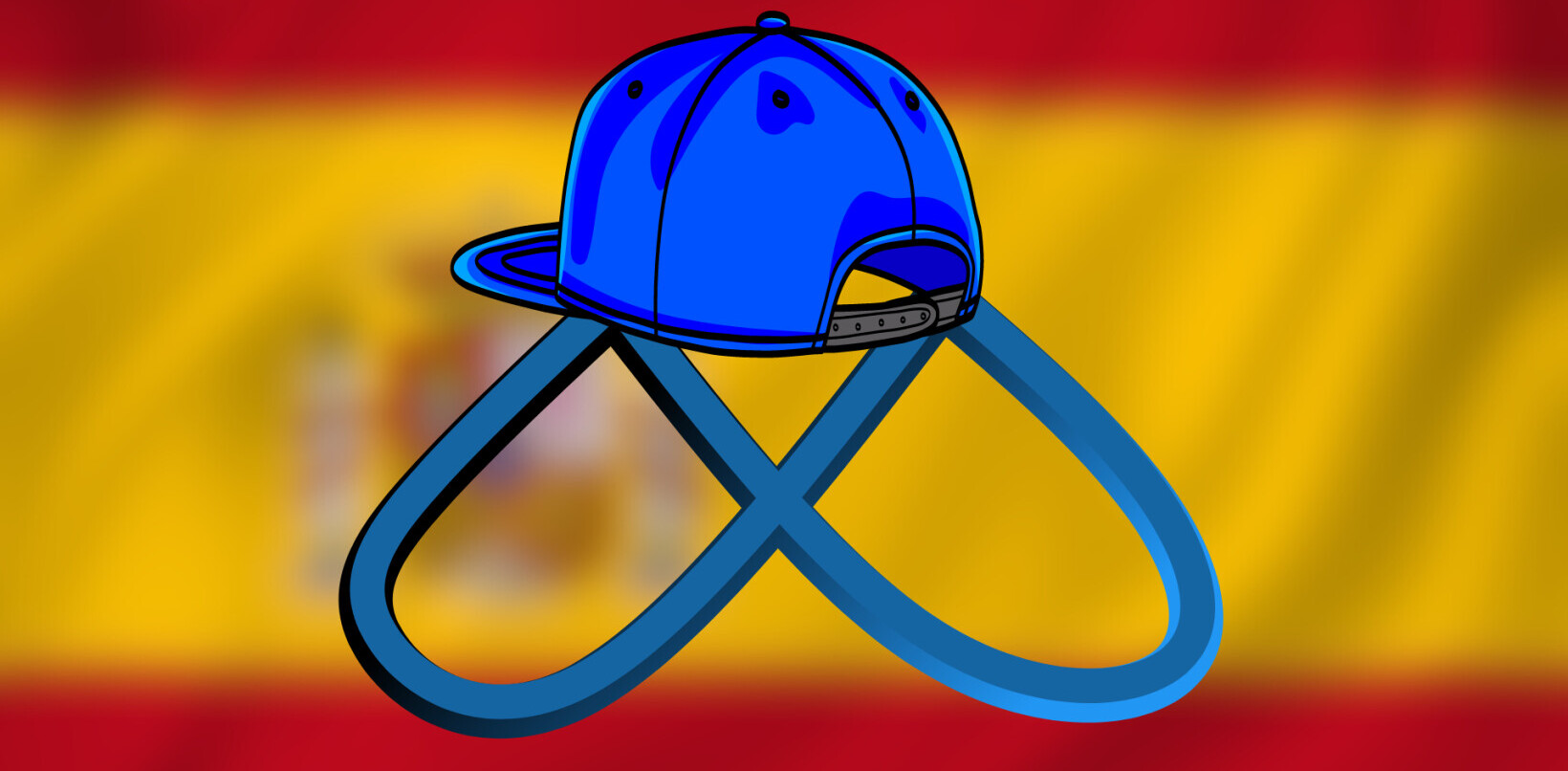
Late last week, David Hornik of August Capital and Paul Graham of Y Combinator sat with Bloomberg WEST’s television arm to discuss the startup, fundraising, and technology landscapes. Given the prominence of the two men in those areas, their words carry weight and can drive market sentiment.
Bloomberg was kind enough to transcribe the segment – which you can watch in its entirety here – and email us the notes. We’ve selected the key parts for your enjoyment, polishing the transcript lightly along the way.
Pinterest recently locked down $200 million in funding at a valuation of $2.5 billion. The round was long rumored, but still made waves when it was completed. Given the site’s rapid growth, and non-existent revenues, the usual fears about future monetization potentials are in full effect.
From the clip, here’s our two investors [Bolding: TNW]:
David Hornik:
Ultimately, I know nothing about the internals of the company. What I do know is that it has captured the engagement of millions of people and has captured the attention and time of millions of people. And more importantly, around commerce. These are the things I bought, these are the things I like, these are the things I want to buy. If you can understand intent in commerce, you can make money from it. There is some opportunity. Do I think that $2.5 billion for a company that has zero dollars in revenue and is entirely a bet [..] feels a little rich […] I would not have made that bet.
Paul Graham:
If there is one guy in the world that I would trust with this social company that does not make any money and yet is valued at $2 billion, it would be him. That guy is not going to screw up. He is going to land this plane. You will see. I hereby predict.
David’s point leads to Paul’s, in that for Paul to be correct, David has to be accurately describing Pinterest’s potential. The question becomes whether Pinterest can develop its revenue channels around consumer intent, while continuing to grow its user base. If it can, the rate of its revenue growth will determine when and if it can go public.
The obvious next question is what ‘landing the plane’ looks like for Pinterest. Still, Graham, who noted in the segment that Pinterest’s Ben Silbermann is an alum of Y Combinator, was all but unqualified in his certainty of success. Valiant Capital Partners, the lead investor in its last round, agrees. This leads us to our next segment.
Valuations
$2.5 billion for Pinterest and a rising cadre of billion dollar firms – on private market paper – have lead some to cry foul on valuations, that they have lost touch with reality and reasonable business fundamentals. Following a discussion of the decline of Facebook’s valuation pre and post-IPO, David Hornik stated that he had expected paper valuations to decline. However, he states, they haven’t:
[P]eople confuse these outrageous secondary market valuations for the actual value of the business. I would have thought that, then, that valuations would come back to earth. But they haven’t.
This ties into his above statement: Pinterest’s last round was too “rich” for his tastes. However, while David might not want to participate in certain bets being made in favor of companies valued in the billions, that doesn’t mean that the opposite is true, as we will see next.
Airbnb and Dropbox
Airbnb and Dropbox both sport valuations in the billions. So, Hornik might be willing to make a counter wager? No:
Paul Graham: I would be scared to bet against [the founders]. Put it that way. Would you?
David Hornik: Bet against Drew? Chesky? No.
Paul Graham: Exactly. If you really think that something is overpriced, you should be willing to bet against it.
The concept of shorting a company by investing in its rivals may be a touch esoteric, but it has a ring of truth to it, given that investors of other asset classes employ similar methods regularly.
It will be interesting to see how well the next set of technology companies that go public perform. If they stumble as Groupon and Zynga have, an icing of public investor sentiment for technology offerings could lead to a rippling decrease in valuations down the funding line.
Top Image Credit: Michael Reuter
Get the TNW newsletter
Get the most important tech news in your inbox each week.




